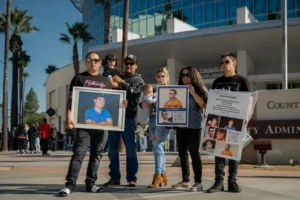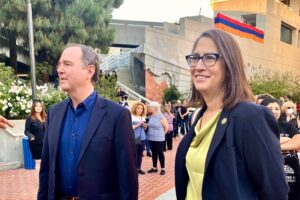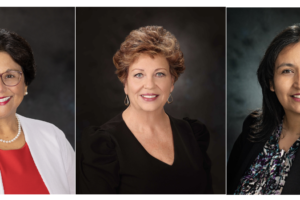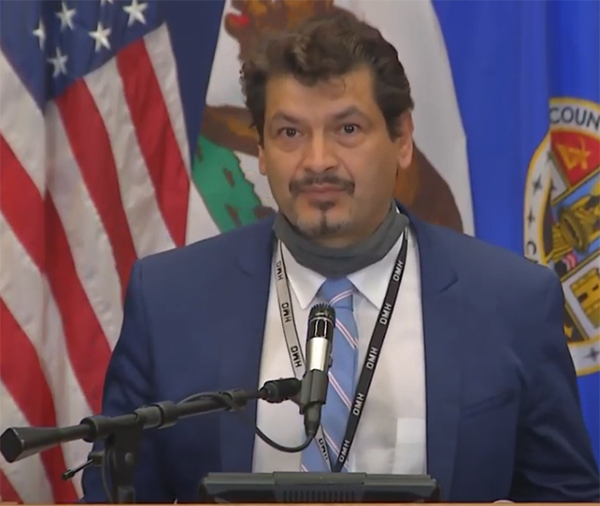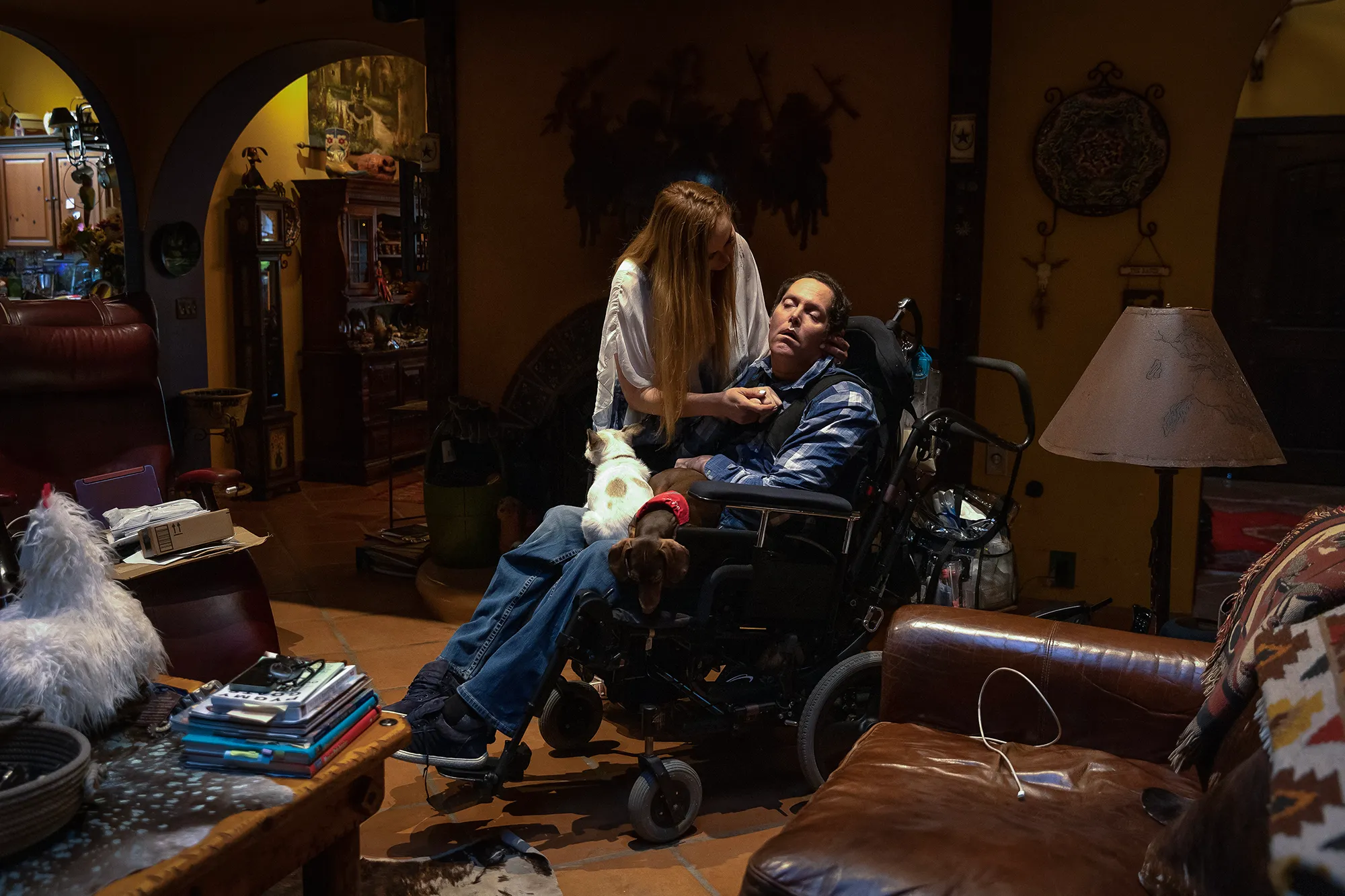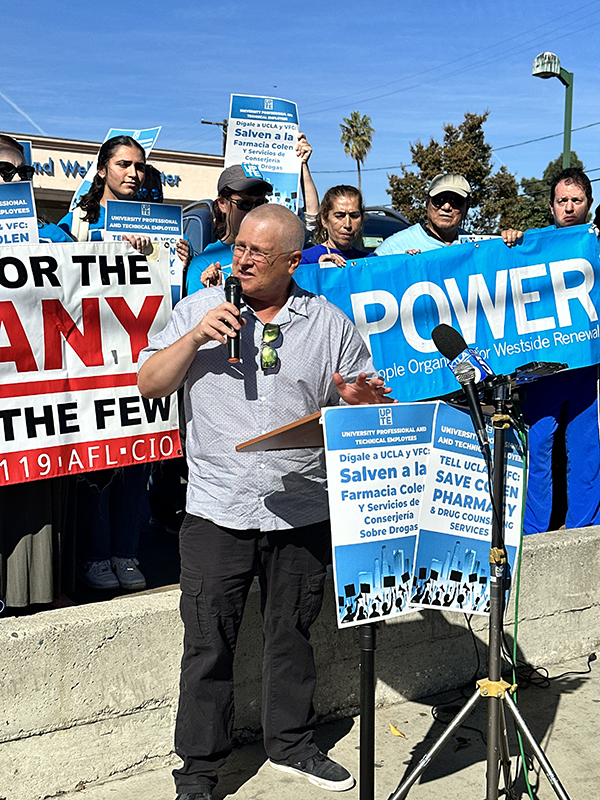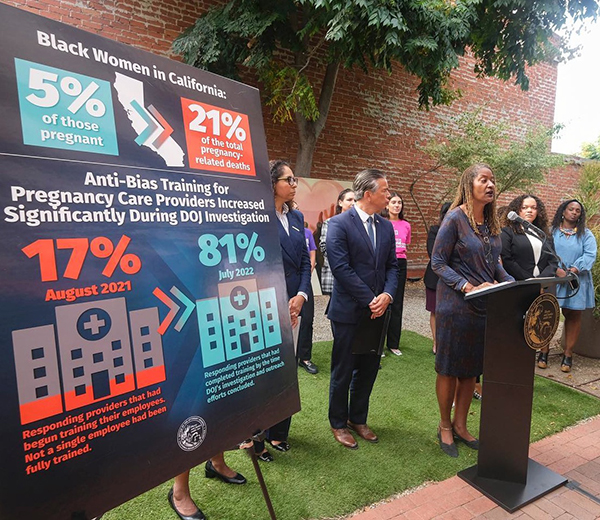By Marie Y. Lemelle
Contributing Writer
The coronavirus pandemic has caused grief on a global level.
Communities are suffering and the concern, especially during holidays and special celebrations, has prompted medical professionals like Jorge Partida del Toro, chief of psychology at the Los Angeles County Department of Mental Health to offer tips about how to cope with loss and grief.
It has been nearly a year since the first known cases of the coronavirus became public knowledge and, in this case, time has not healed the pain of loss and feelings of grief. Since March 2020, the county Department of Public Health has reported more than 1.1 million COVID-19 cases.
On Feb. 7, the county marked another milestone by surpassing 18,000 COVID-19 deaths. The county has experienced more than 1,000 new COVID-19 deaths since Feb. 2, when the county reported 17,057 total deaths. While the number of new cases is declining, the health workers and first responders are still being hit hard with the virus.
The Public Health Department reminds the community that the upcoming Lunar New Year, Valentine’s Day, and Presidents Day are not reasons for non-essential travel and gatherings with people not from your household. The rollout of the vaccine is slowly making a difference, but the more people travel, the more interactions will occur with people outside their own household, which creates a greater risk of getting and spreading COVID-19.
Shared transportation, whether on a plane, bus, train or personal car puts the community at risk if infected travelers spread COVID-19 to others after returning to Los Angeles County.
“The death of a loved one is always difficult, but the pandemic is likely to make it particularly hard to cope with your loss,” Partida. “Both the nature of COVID-19 illness and the steps required to contain the virus pose unique challenges.
“Adding to everything else are worries about the future: job losses, overdue rents and mortgages, medical bills, lost health insurance and reduced retirement funds,” Partida added. “For many families, these additional challenges in your life can intensify the sadness, grief and loss that comes with the death of a loved one and can make everything feel worse.”
Partida and the mental health community are aware that feelings of grief, loneliness, anxiety and stress may feel more prominent as a result of the loss of a loved one or from the need to limit in-person interactions due to this deadly virus.
He said, “The trauma in our communities is heart-breaking and a sad reminder about how much we need to remain strong to be safe. People, places of worship, and gatherings give our community support, strength and resiliency but it has been withered away because of the impact of COVID-19.”
The county Public Health Department is making sure that community leaders engage with individuals and families about the importance of mental health.
“So many times, we don’t like to talk about our emotions, we don’t like to talk about having a tough time, but in these critical moments that we are experiencing psychological pain and hurt and don’t talk about it, we are likely to see that the reverberation of this for generations to come,” Partida said. “We have to find creative ways to come together and to regain that sense and necessity of community in a safe way.”
Partida says we may need to go old school with activities like making a mixed tape to express your feelings or letter writing.
“People tend to say more in a letter than on the phone, text or video chat,” he added.
Born in Guadalajara, Mexico, Partida immigrated to a small suburb of Chicago at the age of 9 and is now a longtime resident of Los Angeles.
“When I was a kid in Mexico, I couldn’t wait to get a letter from my grandmother who would tuck a $5 bill folded in aluminum foil, because it was just like her hands touched me,” Partida said. “As a teenager, I remember that the biggest show of love was to make a mixtape for a crush and knowing they listened to it over and over.”
Another tip offered by Partida is to remember to focus on gratitude of waking up another day.
“Don’t focus on the things that really are difficult, and accept our lives have changed, and the routine that we are familiar with has been turned upside down because it’s easy to get stuck in loss and grief,” he said.
He encourages people to stay vigilant and resilient in order to get through this pandemic.
“I know that after every storm, there is a rainbow,” he said. “We have to understand that for whatever reason we’re going through this, there’s a better tomorrow. And we just got to hold on, we need to uplift each other during difficult times.”
Partida shared that the services of the county Department of Mental Health are available at (800) 854-7771, or by text LA to 741741 for the crisis text line. The department also launched the county wellbeing line, which is available 7 days a week, from 10 a.m. to 6 p.m. at (833) 307-0509.
The county advises people waiting for the vaccine to continue to wear a face mask in public, wash your hands often and thoroughly, avoid large gatherings and keep your distance from other people.
Be aware that the vaccine is free, and insurance is not necessary. Whether you have access to the internet to go online to schedule an appointment, the call center is open every day to schedule appointments from 8 a.m. to 8:30 p.m. at (833) 540-0473.
The Reopening Protocols, COVID-19 Surveillance Interactive Dashboard, Roadmap to Recovery, Recovery Dashboard, and additional things you can do to protect yourself, your family and your community are on the Department of Public Health website at http://www.publichealth.lacounty.gov/.
Marie Y. Lemelle is the founder of www.platinumstarpr.com and a film producer. She can be reached at MarieLemelle@platinumstarpr.com. Follow her on Instagram @platinumstarpr.




